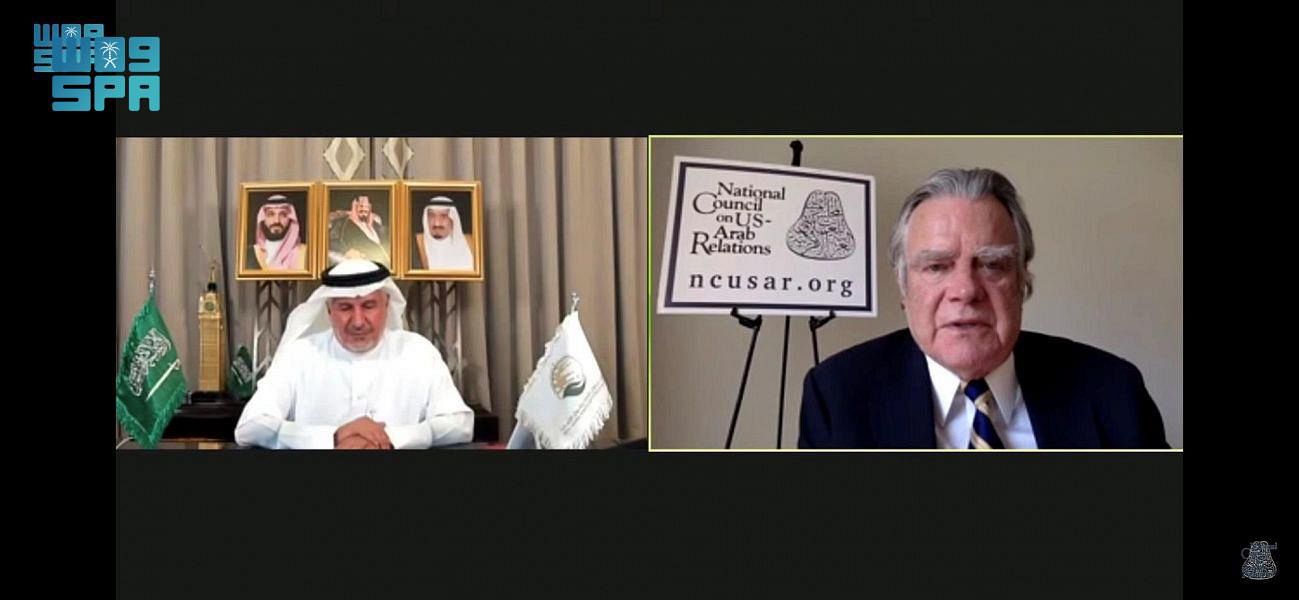
Al-Rabeeah, Mark Lowcock discuss ways to enhance cooperation for people affected by war, natural disasters
JEDDAH: Dr. Abdullah Al-Rabeeah, general supervisor of the King Salman Humanitarian Aid and Relief Center (KSRelief), met the under-secretary-general for humanitarian affairs and head of the UN Office for the Coordination of Humanitarian Affairs (OCHA), Mark Lowcock, in Riyadh on Thursday.
Al-Rabeeah updated Lowcock on KSRelief’s projects and programs around the world, especially in Yemen.
The two men signed an executive contract for the Kingdom’s contribution of $500 million towards the UN’s plan for humanitarian aid in Yemen.
Lowcock praised the Kingdom’s assistance – and the center’s work – for affected states and people around the world, and said he looked forward to continuing the special partnership between both sides to serve humanitarian work in the world.
“Saudi Arabia is the biggest supporter and financier of the Yemen Humanitarian Response Plan,” Lowcock said, pointing out that support provided by KSRelief “helped the UN and its agencies provide decent livelihoods to 13 million Yemenis.”
Regarding the impact of the $500 million donated by the Kingdom to OCHA in September, Lowcock said it was being used to provide food, security, healthcare and shelter to millions of people in need in Yemen.
Lowcock stressed that the humanitarian situation in Yemen remains difficult, but highlighted the successful response to the cholera epidemic, saying millions of children had been vaccinated — enabling them to stay in school, safe water had been provided, and sanitation programs had been implemented. None of this would have been possible without the Kingdom"s support, he said.
He expressed his sorrow that the Iran-backed Houthi militia had obstructed humanitarian aid, but noted that there were alternative measures now in place, backed by independent parties.
Lowcock confirmed that 95 percent of intended beneficiaries have now received aid, despite issues like those earlier this year when aid from the World Food Programme (WFP) was obstructed, which led to the suspension of humanitarian work in Houthi-controlled governorates in Yemen.
Lowcock said he was delighted that the “pre-famine” stage in Yemen had been dealt with. At the start of this year, he said, a quarter of a million Yemenis were classified as being at risk of starvation. That number has now been significantly reduced.










